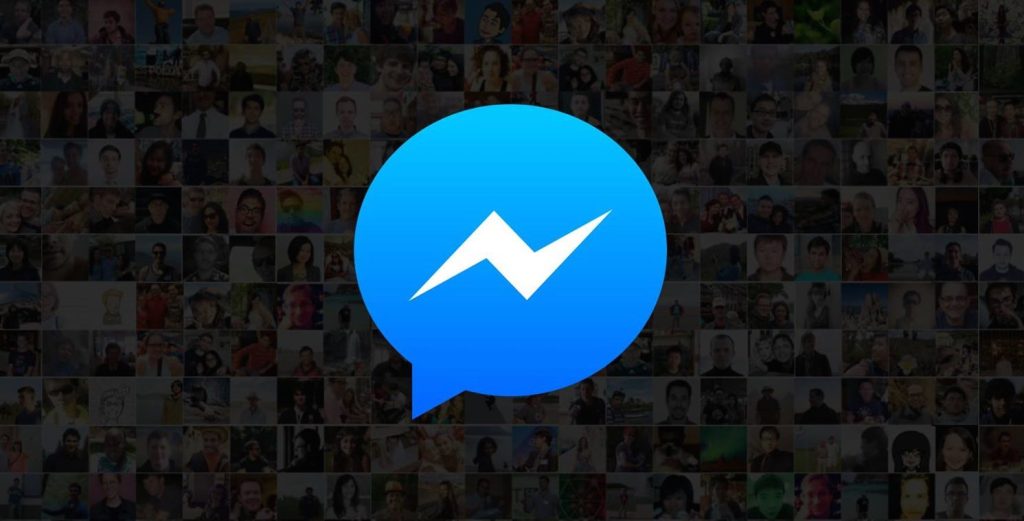Tom Hadfield
More posts from Tom Hadfield
If Facebook announces the “Messenger Bot Store” at F8, as many predict, it would be arguably the most consequential event for the tech industry since Apple announced the App Store and iPhone SDK in March 2008.
Even Steve Jobs could not have foreseen the impact of what he described as “a new application that lets users browse, search, purchase and download third party applications directly onto their iPhone”.
By the time the App Store opened for business in July 2008, approximately 6 million people worldwide owned an iPhone. By the end of the year, the number of iPhone owners had more than doubled, and in each of the following years iPhone sales doubled and then doubled again. The App Store ecosystem – which now has more than 1.5 million iOS apps – heralded the arrival of a new “mobile” era.
Today, Facebook Messenger has 800 million monthly active users – more than 100 times the number of iPhone owners when Apple launched the App Store. Messenger’s current active user base exceeds even the total number of iPhones ever sold. Messaging apps now have more active users than social networks.
In January, TechCrunch first reported rumors of Facebook’s secret Chat SDK for building Messenger bots. If and when Facebook announces a Bot Store, it will mark the “end of the beginning” of a new era: messaging as a platform. Conversational user interfaces are about to change the way billions of users interact with the world around them.
The Early Days of Messaging as a Platform

The beginning of the current wave of interest in “messaging as a platform” can be traced back to early last year. Magic, an SMS-based buying assistant, was the most coveted company at YCombinator’s Demo Day in March 2015, ultimately raising $12 million from Sequoia. In the following months, GoButler raised $8 million from General Catalyst for an almost identical service, and Operator announced it had raised $10 million from Greylock. Suddenly, everyone was talking about the battle for tech’s next frontier.
Over the summer, The Information broke the news that AI-powered Facebook M would enable Messenger users to make purchases, restaurant reservations, and travel bookings within the messaging interface.
Pavel Durov announced the expansion of the Telegram Bot Store and Ted Livingston staked out Kik’s claim to be the WeChat of the West. By the end of the year, Slack had announced the Slack App Directory, supported by an $80 million fund to fuel the growth of the ecosystem, and Google was rumored to be developing its own chatbots.
The Great Bot Rush

There has since been much talk about the search for the killer bot. It’s early days, but we’re starting to see seed financing rounds for bots such as Howdy,Assi.st, Hyper, Pana, Scout, Luka, and Rep. In parallel, other startups – like Pandorabots, the soon-to-be-announced Automat and my own company, Prompt – are focused on building the picks and shovels for bot developers.
Some of the top investors in Silicon Valley are placing their bets. Phil Libin at General Catalyst has described bots as “the most important tech trend of the year” and Albert Wenger at Union Square Ventures described this new era as “the Great Bot Rush” (a notably more attractive phrase than “The Botageddon”). Just a few days ago, John Lilly at Greylock tweeted that the “% of pitches for bots and/or AI companies is approaching 100%.” Forward-thinking early stage investors – such as Boris Wertz, Dave Morin, Semil Shah, and Nir Eyal – are also taking a keen interest.
Bots Are The New Apps
A Messenger Bot Store would have far-reaching consequences not only for entrepreneurs and investors, but also developers and designers. Sam Lessin, the CEO of Fin, says the rise of chat-based user interfaces will mark “a fundamental shift that is going to change the types of applications that get developed and the style of service development.”
Chris Messina famously predicted 2016 would be “the year of conversational commerce”, but the Messenger bot platform will inevitably extend far beyond commerce.
Messaging will become the command line interface for the real world – though it will differ from the command line we’re all familiar with. Given recent advances in natural language processing, the syntax for engaging with bots will be less brittle than the command line of recent decades, even if we are “50 Nobel Prizes away” from HAL 9000 as Benedict Evans astutely observes.
For a time, bots were perceived to be plain-text exchanges and as such were often described as “invisible apps”. As Jonathan Libov at USV points out, though, “just because the container is a messenger doesn’t mean that all the apps inside are text-based.” Tomaž Štolfa says there is “unexplored potential in blending conversational interfaces with rich graphical UI elements.”
If 800 million Facebook users start discovering bots in Messenger after F8, it will vindicate those who have been saying bots are the new apps.

There’s an entire ecosystem, akin to the App Store in its scale, to be built. When you can quickly and easily interact with Dominos, United Airlines and Capital One on Messenger, and will you ever use their bloated native apps again? The current bot landscape feels a lot like the web in 1995, or mobile apps in 2008.
Many answered questions remain: How long until other messaging platforms, such as WhatsApp, open their platforms to developers too? Will the likes of OpenTable build bots for every messaging platform, or will cross-platform standards for bot development emerge? And perhaps most importantly, for which use cases can messaging deliver a far superior experience to traditional native apps?
It is true that, as Jonathan Libov has observed, “developer interest in messaging/bots has far, far outpaced consumer interest thus far”.
But if Ted Livingston’s prediction is correct, then that will all change at F8 on April 12th. In the race to become the WeChat of the West, don’t bet against Facebook Messenger just yet.
Look out, Apple!































Comment